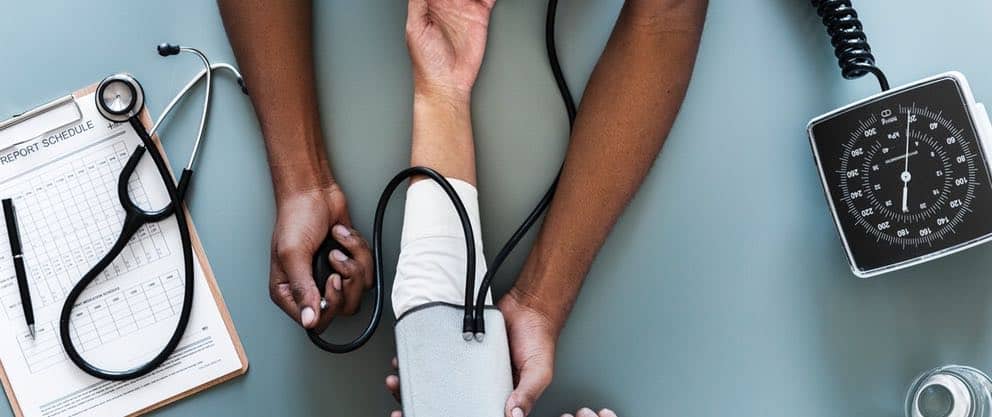8 Techniques To Help You Save Money Your Medical Expenses

Health-care costs are skyrocketing and they are unfortunately a part of nearly everyone’s life. According to to the U.S. Bureau of Labor Statistics, about 8% of an American family’s household budget goes toward medical expenses. Fortunately, there are a few ways to manage some of those costs. Read on to find out how.
1. Speak up in advance.
In a nonemergency situation, let your doctor know if you can’t afford a procedure or lab tests or if your insurance doesn’t cover something. Many hospitals have assistance plans but do not advertise them and doctors won’t bring them up. Some medical offices may offer discounts for payments made over the phone or online rather than through the paper billing process.
Get any price guarantees in writing and even submit a request in writing to the billing department or record a summary of your conversation in writing, for your records and the hospital’s, should problems arise later.
2. Look into financial assistance.
Insurance companies and hospitals offer financial assistance plans but they generally don’t bring it up unless asked. If you get that assistance but your financial situation changes and you can pay off the balance sooner, talk to the billing department about doing that. You may save money on interest or get a discount for paying the balance early.
3. Pay in cash or use a flexible spending account.
Some hospitals, labs, and doctor’s offices are willing to accept a lower price if the bill is paid in full in cash. It saves them money on billing and processing. If you have health insurance through an employer with a flexible spending account, many billing departments consider that the same as paying in cash since the money is already there and set aside for medical expenses.
4. Research prices at other hospitals and medical facilities.
If you have the time before a procedure, shop around for the best price. You have the right to do this just like a consumer shopping for anything else. If it’s an emergency and you can’t research the price beforehand, do it afterward and use the lower prices as leverage to negotiate a discount from the hospital or facility where you received care.
5. Check your bill for errors.
Bookkeeping mistakes are made all the time. Every procedure is represented by a code and one little typo can make a huge difference in the amount of money you are charged. Duplicate billing is common, where a procedure that is done multiple times is billed for more times than it occurred. Unbundling happens often, too, when multiple services that are supposed to be billed as one procedure are broken down and coded separately. Sometimes generic medications are billed as a name brand that is more expensive. It’s also possible for the coded procedure to not match the diagnosis, in which case your insurance company denies the claim and makes you responsible for paying it.
These are all common mistakes that you don’t have to pay for and they are worth your time on the phone. Look at the bill as soon as you receive it. The sooner you catch these errors the easier it is for them to be corrected.
6. Pay on time.
If you’ve negotiated a discounted price it’s especially important that you uphold your end of the bargain by paying on time or the billing department might not remain so sympathetic. If your financial situation changes and you can’t afford even the lower price, let them know as soon as possible if a payment will be late. Staying on top of payments and communication can help keep additional costs from creeping back in.
7. Look at lab work and dental work.
You can negotiate all your medical expenses, not just hospital stays and doctor’s office visits. The same advice about asking in advance, paying in cash, and checking for billing errors applies to any medical-related procedure.
8. Be polite.
You can be firm and stand up for your rights as a patient and consumer while still being polite. The person on the other end of the phone or the other side of the desk is more likely to respond positively to a friendly smile and a “please” and “thank you.”
Some of these tips work with insurance companies as well as your medical providers. It may seem like a hassle but the time spent having these conversations as soon as possible will save you money later.